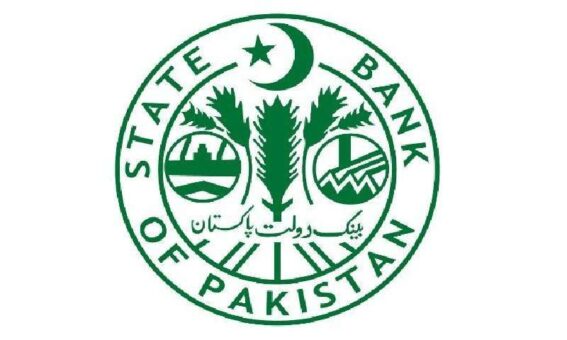Karachi, August 12, 2025 – The State Bank of Pakistan (SBP) has announced a strengthened framework aimed at tightening anti-money laundering (AML) and countering financing of terrorism (CFT) measures in the context of trade transactions.
The updated guidelines seek to address growing concerns over the misuse of cross-border trade channels for illicit financial activities.
According to the SBP, trade-based money laundering has become a preferred method for criminals and terrorist financiers, as large volumes of legitimate international trade can conceal illegal transactions. Common tactics include under-invoicing, over-invoicing, multiple invoicing, short or excess shipment, misrepresentation of goods or services, and entirely fictitious trade deals with no actual shipment involved.
The SBP had initially introduced the Framework for Managing Risks of Trade-Based Money Laundering and Terrorist Financing (TBML/TF) in 2019. However, evolving typologies, rapid technological advancements, and global best practices have prompted the need for a more robust approach to safeguard the financial system from abuse.
The revised framework provides Authorized Dealers (ADs) with comprehensive instructions to enhance their internal policies, risk assessment tools, and compliance mechanisms. By implementing these measures, ADs will be better equipped to fulfill their legal and regulatory responsibilities while preventing misuse of foreign exchange for unauthorized purposes.
The SBP emphasized that continuous adaptation is crucial. It urged financial institutions to adopt advanced monitoring systems, data analytics, and international compliance standards to address the ever-changing risks of money laundering, terrorist financing, and proliferation financing.
Ultimately, the SBP’s reinforced measures aim to ensure that Pakistan’s trade sector remains transparent, resilient, and aligned with global AML/CFT standards, thereby protecting both the economy and the integrity of the banking system.
